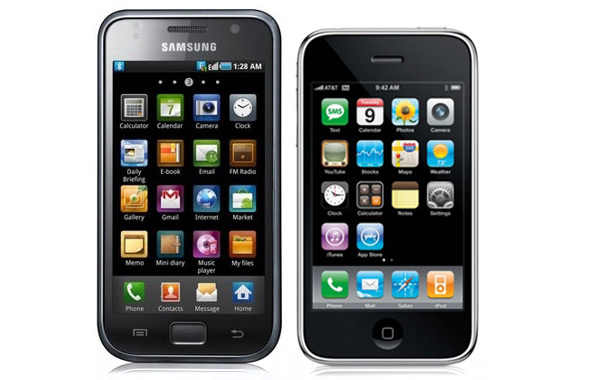Reps. Peter DeFazio (D-OR) and Jason Chaffetz (R-UT), have introduced the “Saving High-Tech Innovators from Egregious Legal Disputes (SHIELD) Act.” The bill, if passed, would award attorney’s fees and costs to the winning putative infringer if the judge finds that the patent owner “did not have a reasonable likelihood of succeeding…” The bill is limited to patents related to computer hardware and software.
There are a few things I want to point out. First, despite the statement (reported by arstechnica.com) from Rep. Chaffetz that “A single lawsuit, which may easily cost over $1 million if it goes to trial, can spell the end of a tech startup and the jobs that it could have created,” this bill will likely not affect cases that go to trial. While not congruent with the standard for summary judgement or a Rule 12(b)(6) motion, I don’t think many cases that make it to trial would fit the standard set out in the SHIELD Act.
Second, the bill does not address the situation of an accused infringer who loses a case in which they did not have a reasonable likelihood of succeeding. This puts a disincentive on patent owners, especially small business patent owners (many of whom are technology startups), who would otherwise want to defend their intellectual property. At the same time, it encourages infringers to drag their feet, avoid settlement, and force the patent owner to rack up legal fees even if the infringer has a strong feeling they may lose on summary judgement.
Many technology startups chose to use patents to protect their ideas. Those patents are only useful if they can be enforced and this one-sided legislation will make it harder for small businesses to do so. It may also impact their value to potential suitors who may chose to emulate the technology rather than acquire it.
A better approach would be to impose a “loser pays” system across all patent cases (or even all cases brought in federal court). Whatever is done, it should be done across the board to apply to all technology areas.
As the bill stands, I doubt it will impact the behavior of patent trolls. Defendants will still settle because the mere hope of recovering their defense costs won’t offset the potential downside of not settling. The suits that will be deterred are those brought by innovative startups who now will have to fear paying the accused infringer’s costs should the startup lose. Those costs could break a small company and the fear of paying them will keep small businesses from asserting valid patents.


